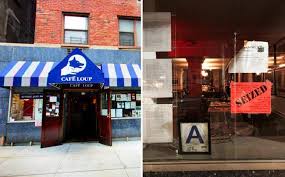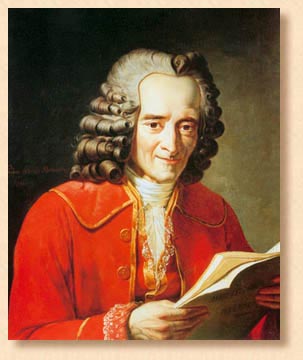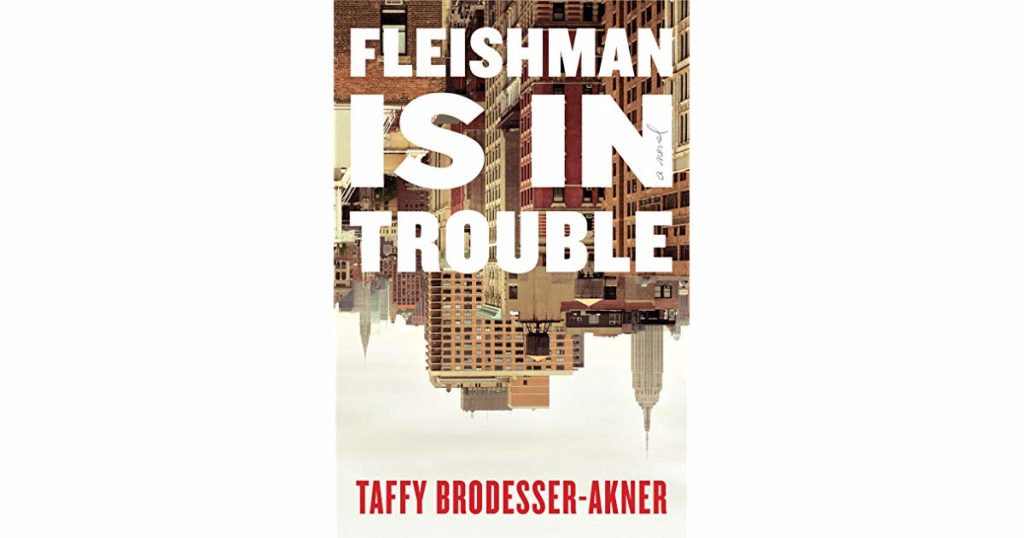It was a treat to notice that the movie version of Six Degrees of Separation showed up on HBO Max this month. A faithful adaptation of the Lincoln Center production of John Guare’s play, the film has stuck with me over the years and it was exciting to see it anew. The virtuouso performances still thrill and the dialogue remains unrivaled for its cleverness, rhythm and subtext. The film is a reminder of what movies could be doing for us in 2021 and what a mistake it was for audiences to have allowed Hollywood to abandon the character-driven, indie aesthetics of the 80s and 90s. Or, maybe the problem is that we’ve ceded film to Hollywood when what we need are the more traditionally grounded “New York” stories, from Breakfast at Tiffanys’ to Mean Streets.
After I watched Six Degrees (twice) I read the script for the stage play and was struck by how little Guare changed adapting it to film. In the play, originally staged in a 3 quarter thrust, Flan and Ouisa, the couple at the center of the action, break the fourth wall to narrate directly to the audience, as if engaging them in cocktail party conversation. A theme of the play is how we so easily reduce life-altering events to fodder for idle conversation. In the movie, they set up each recount to have an audience (at a wedding, at a charity dinner) rather than have our protagonists talk to the camera. However they are presented, the words in the screenplay almost perfectly match the words in the stage script.
What sets Six Degrees apart is the layering of meaning in each line. The audience almost doesn’t realize that they’re watching the dissolution of a marriage as the story plays out because the director and writer respect them enough not to spoon feed everything. In this, Six Degrees is novelistic in its story telling.
Reading Six Degrees sent me to other scripts in my collection, including some shorter works by Guare and then, finally, back to Edward Albee’s Who’s Afraid of Virginia Woolf. It has also been a long time since I’d cracked open those words and maybe it’s all the talk of Catcher in the Rye in Six Degrees, but reading Virginia Woolf was very much like reading a short novel. The dialogue is fast-paced, hilarious, layered and detailed. The stage directions are artful. With different formatting, I think you could offer up Albee’s play, word for word, as a novel and it would not only pass, but stand up as a solid work of dialogue-driven prose fiction.
It even has its own “Catcher in the Rye” moment when the history professor George, left alone for a few moments during a drunken night of “Hump the Hostess” and “Get the Guests” with a younger biology professor and his wife, sits down to read a book and recites: “And the west, encumbered by crippling alliances, and burdened with a morality too rigid to accomodate itself to the swing of events, must…eventually…fall.” I wondered if Albee had made this up or was quoting some real book about foreign policy from the late 1960s. If it were real, I might even want to read that book, as a glimpse into the thinking of the time. That is an amazing accomplishment — Albee set me off on an intellectual path separate from his domestic tragicomedy. It seems Albee had invented this sentiment, another layer of reality that adds depth to the entire story.
I’m no declinist about the state of the arts. I know there’s a lot of great writing out there right now, in film, theatre and prose. But, we’re no longer seeing work like Guare or Albee get consistent, mass attention and financial support. The culture is poorer for it. We need and deserve more.




